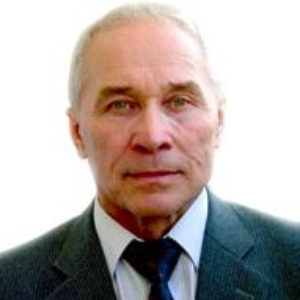Title : Computer modelling of water metabolism in the brain cortex using nanofluidic approach
Abstract:
Brain water metabolism ensures the processes of cellular communication, transit of the signaling molecules, neurotransmitters, cytokines, substrates, gases, nutrients and drugs. It carries out important integrative function, participates in clearance of pathogenic metabolites and metabolic wastes, in spreading malignant tumors. A number of serious neurological conditions arise from impaired brain water metabolism (e.g. idiopathic normal pressure hydrocephalus, syringomyelia, migraine, traumatic brain injury and stroke, Alzheimer’s disease, etc.). According to conventional views, the nanodimentional extracellular space presents a diffusion barrier where the immobile extracellular fluid serves as an external medium for the neurocytes, glia and other elements of the central nervous system. An interdisciplinary approach, adopted in this research, makes it possible to view the nanodimensional extracellular space as a nanofluidic domain where fast water movement is governed by the slip-flow principle of nanofluidics. A computer model of the brain cortex water metabolism, based on the nanofluidic concept, have been developed. The model takes into account the role of AQP4, ensuring fast water transfer across the blood-brain barrier, and the existing osmotic and hydrostatic pressure gradients. A topography of water fluxes in the brain cortex layers have been revealed important for understanding brain physiology and pathology. The model may find its use in neurobiological research on brain physiology and pathology, for optimization of the intrathecal drug delivery to the brain tumors, in studying ways of pharmacological control of brain edema and therapy of the water-metabolism-disorder-related conditions.


